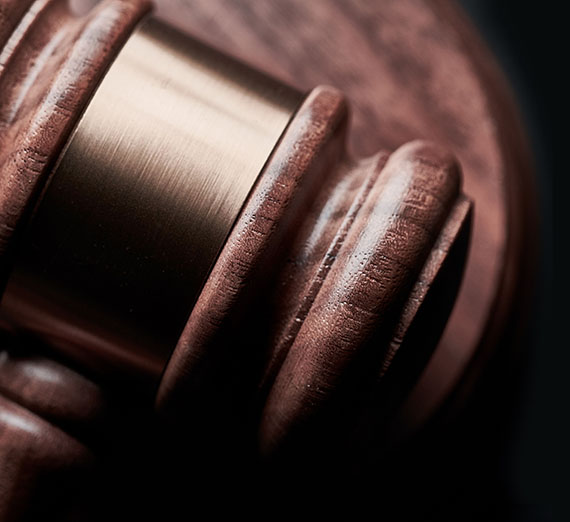Washington’s Three Law Schools Announce Task Force on Race & State’s Criminal Justice System

Answering the Washington State Supreme Court’s call to address systemic discrimination in the criminal justice system, the deans of Washington’s three law schools, Mario Barnes (University of Washington), Annette Clark (Seattle University), and Jacob Rooksby (Gonzaga) have agreed to serve as co-chairs to re-launch an ad hoc Task Force on Race and Washington’s Criminal Justice System.
This task force takes up the work of the previous Task Force on the Criminal Justice System, which came together as a collective response to a statement made by a then-sitting justice who explained away Black disproportionality in Washington’s prisons by saying that Blacks commit more crimes. Reported in The Seattle Times, news of this statement caused a crisis that endangered public confidence in the judiciary.
Judicial officers, academics, prosecutors, defenders, law enforcement, and community leaders met and formed working groups to research race disproportionality in the criminal justice system in order to present findings and recommendations. The Research Working Group prepared, and the Task Force presented to the court, the 2011 Preliminary Report on Race and Washington’s Criminal Justice System. [1] The following year, the Task Force presented the 2012 Report on Juvenile Justice and Racial Disproportionality. Though the ad hoc task force disbanded in 2012, its work was carried forward by advocates who addressed systemic discrimination in various aspects of the criminal justice system.
Some important changes have occurred since the first report. The death penalty was found to be unconstitutional by the Washington State Supreme Court because of race disproportionality in its administration. The court began reforming its jurisprudence on the exercise of peremptory challenges, leading to a new court rule adopted by the court to address discrimination in jury selection that recognized implicit bias and difficult-to-prove explicit bias, which was constitutionalized in a subsequent case. Important changes have been made to the treatment of legal financial obligations.
Deans Barnes, Clark, and Rooksby offer the following joint statement:
"Despite some positive changes, we find ourselves still living in a world where race matters too much in the wrong ways in our criminal justice system. We need a system where Black lives matter. We need to and can do better. Reconvening the ad hoc task force is one step, an attempt to answer the call of the Court that has called on us to 'lean in to do this hard and necessary work.' In turn, we call on you to join us."
Individuals and organizations interested in joining the task force: contact Professor Chang. If you have an interest in working through a particular institution, contact the point person listed below.Professor Robert S. Chang at changro@seattleu.edu
Professor Jason Gillmer at gillmer@gonzaga.edu
Dr. Alexes Harris at yharris@uw.edu
[1] The report was later published by all three law schools’ law reviews. See Task Force on Race and the Criminal Justice System, "Preliminary Report on Race and Washington’s Criminal Justice System," 47 Gonz. L. Rev. 251 (2012), 35 Seattle U. L. Rev. 623 (2012), 87 Wash. L. Rev. 1 (2012).
